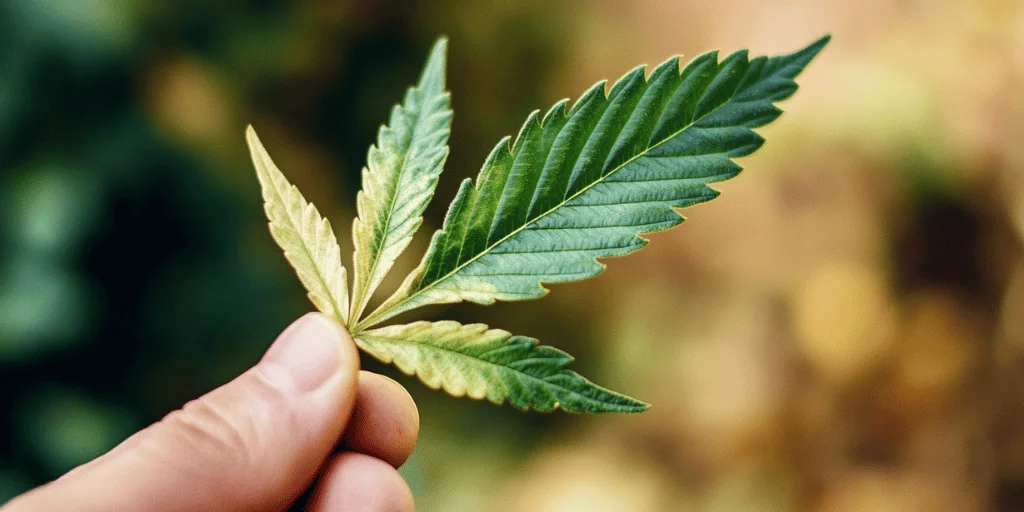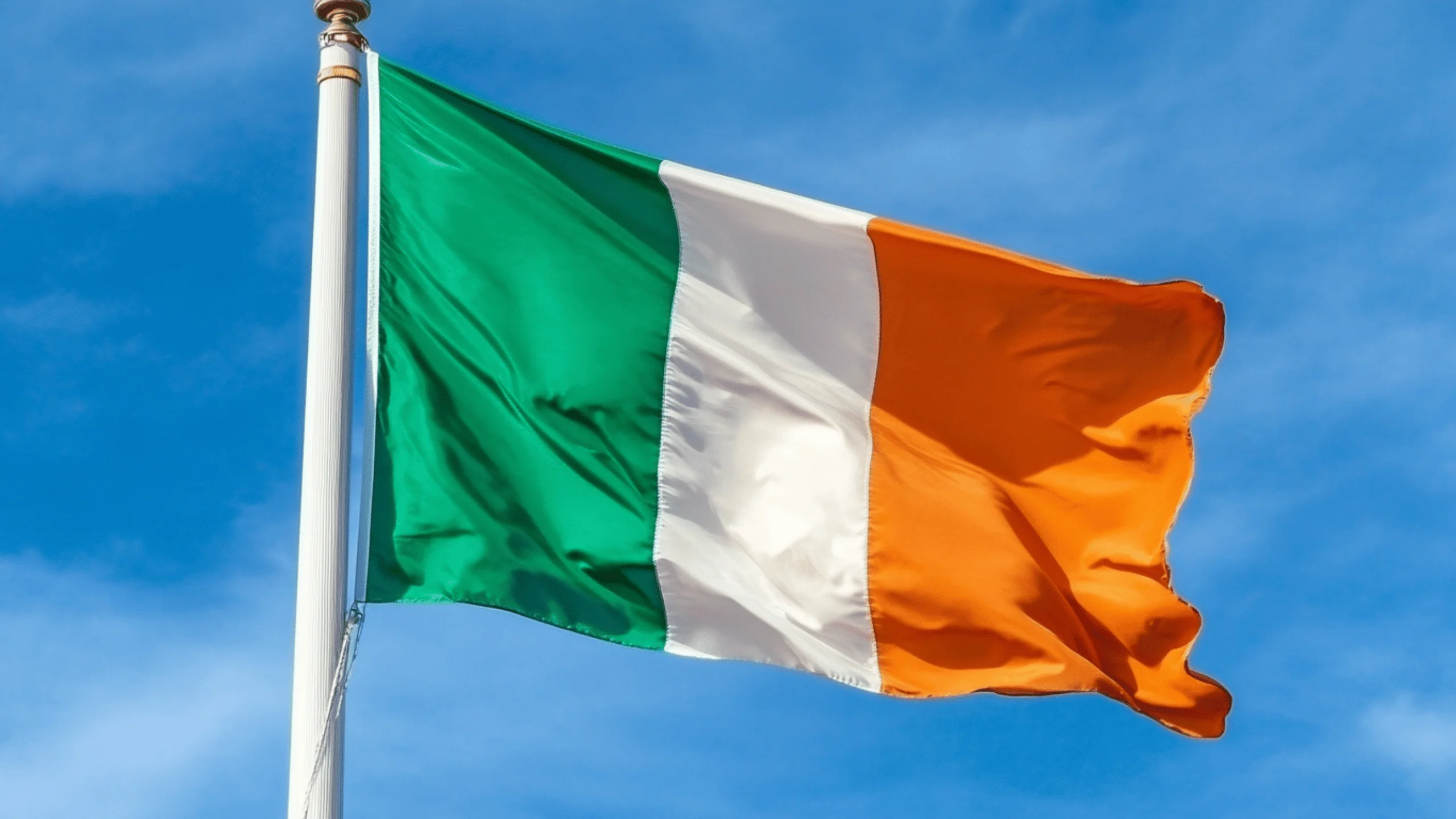The question “Is CBD legal in Ireland?” may arise to you if you’re a CBD market entrant considering entering this particular market. CBD has gained global attention for its potential health benefits, making it a popular choice for many customers. Extracted from the cannabis plant, CBD is distinct from THC, the psychoactive compound responsible for the “high” associated with marijuana. CBD interacts with cannabinoid receptors throughout the body, offering benefits such as stress relief, pain reduction, and even more.
Despite these promising applications, the legal status of CBD varies widely across the world, including in Europe overall and Ireland. Understanding whether CBD is legal in Ireland requires exploring its regulatory framework, including rules around production, importation, and distribution.
This article focuses on explaining CBD regulations in Ireland, offering insights for CBD market entrants to enter this growing market confidently. By exploring the legal landscape of CBD in Ireland, this guide aims to answer key questions about compliance and market opportunities for CBD business.
Market growth and demand for CBD
The growing popularity of CBD in Ireland reflects a changing cultural and consumer perspective. The CBD market in Ireland is projected to grow by 0.92% (2024-2029) resulting in a market volume of $60.74 millions in 2029. This trend is can be explained by several factors:
| 1. Informed decisions: increasing research into CBD’s benefits has increased public awareness. As people learn more about its ability to support wellness, from reducing stress to easing pain, they are more likely to explore this natural substance. |
| 2. Changing perspectives: attitudes toward hemp products in Ireland are constantly evolving. Greater education has highlighted the distinction between non-psychoactive hemp-derived CBD and THC-containing cannabis, eliminating many common misconceptions. |
| 3. Accessibility: the availability of a wide variety of CBD products, from oils to capsules, has made it easier for Irish consumers to incorporate CBD into their routines. E-commerce platforms and local shops further enhance accessibility. |
This indicates an increasing acceptance of CBD in Ireland, providing promising opportunities for businesses looking to enter this market.
The legal status of CBD in Ireland
CBD is legal in Ireland but is subject to strict regulatory guidelines that must be carefully followed. Under Irish law, CBD is not classified as an illegal substance according to the Misuse of Drugs Act, but it is also not recognized as a medicinal product by the Health Products Regulatory Authority (HPRA). This means that while CBD products can be sold legally, they cannot be marketed with any health or medicinal claims. Instead, they must be labeled as food supplements or flavoring products.
To comply with regulations, CBD sold in Ireland must meet the following criteria:
- Be derived from hemp, not marijuana.
- Contain less than 0.2% THC.
- Follow extraction methods permitted by the European Union.
Oversight falls under the Food Safety Authority of Ireland (FSAI), which enforces these standards. However, importing and selling CBD products containing any detectable THC remains a gray area due to varying interpretations of the law by regulatory bodies. Businesses in Ireland must navigate these evolving regulations carefully to ensure compliance while entering this growing market.

Regulations and THC limits in CBD products
The Food Safety Authority of Ireland (FSAI) permits the sale of hemp oil with THC levels within the legally allowed limits. A review of the FSAI database shows that high THC content is a leading reason for product recalls in Ireland. To avoid legal complications, businesses should prioritize selling THC-free or low-THC CBD oils that fall within the permitted thresholds of less than 0.2% THC.
Moreover, compliance extends beyond THC levels. Cannabinoids such as CBN (cannabinol) are classified as controlled substances in Ireland, requiring CBD products to contain less than 0.2% CBN. This reinforces the need for strict testing and sourcing from reputable manufacturers. Businesses should ensure their CBD products are thoroughly analyzed for all cannabinoids to maintain legal compliance and uphold consumer trust in Ireland’s regulated CBD market.
Evolving legal landscape
Ireland is making progressive steps in cannabis legislation, which could have a significant impact on the CBD industry as well. Recent efforts to amend the Misuse of Drugs Act 1977 and introduce the Cannabis Regulation Bill signal potential future legalization of recreational marijuana. This development is promising for CBD producers, as it may simplify the sale of CBD products containing permitted THC levels and reduce regulatory penalties.
Despite this progress, the CBD market in Ireland remains a complex landscape. Currently, CBD oil is legal as long as it complies to specific guidelines: it must contain less than 0.2% THC, derive from hemp, and avoid any health-related marketing claims. However, the evolving nature of cannabis laws requires businesses and consumers to maintain cautiousness. For businesses entering the Irish CBD market, understanding these regulations and preparing for potential changes in the legal framework is important for long-term success in this fast growing industry.
The future of CBD in Ireland
CBD is fully legal in Ireland, but its regulation remains a key focus for the government. This interest is reflected in ongoing legislative discussions and the growing public engagement with CBD products, whether for personal use or business growth. The rising popularity of CBD in Ireland aligns with an increasing body of research highlighting its potential health benefits.
Despite these challenges, CBD manufacturing experts are optimistic about the future of CBD products in Ireland and across the European Union. The growing consumer interest and the government’s willingness to address regulatory issues indicate a promising path for the market. For entrepreneurs and investors, this optimism emphasizes the importance of complying to legal standards while exploring opportunities in Ireland’s constantly changing CBD market.
Buying and selling CBD in Ireland
For those looking to sell CBD products in Ireland, a deep understanding of the market and regulations is needed. CBD products are widely available for purchase through various channels, including local health stores, specialty shops, and online retailers. When sourcing CBD to sell in Ireland, it’s very important to ensure that the product complies with Irish laws by checking for third-party lab tests, proper labeling, and THC levels below 0.2%. Reputable sellers will provide transparency about their products’ ingredients and sourcing.
Those starting a CBD business must also remember that CBD products must be derived from hemp and be marketed as food supplements without health claims. Working with trusted manufacturers and distributors who follow EU-approved extraction methods is key to avoiding legal troubles. By staying informed and complying to these guidelines, sellers can enter Ireland’s CBD market with confidence and success.

Buying CBD
Customers in Ireland can freely purchase CBD oil and other CBD products both online and in physical stores, making CBD widely accessible. However, online sales are rapidly becoming the preferred option for many consumers. The appeal of online shopping lies in the broader range of products available, allowing customers to choose from a variety of CBD oils, capsules etc. This convenience, combined with detailed product descriptions and reviews, makes online purchasing an attractive choice.
Most CBD products in Ireland are marketed as dietary supplements and are commonly found in liquid or capsule forms. These products are designed to be user-friendly, allowing individuals to incorporate CBD into their daily routines with ease. For buyers, verifying the THC content and checking for reputable certifications ensures compliance with Irish law while guaranteeing quality. As the CBD market continues to grow, both online and in-store options provide consumers with flexible ways to explore the CBD benefits.
Selling CBD
If you are planning to start your own CBD business in Ireland, do not forget that ensuring compliance with local and EU regulations is important for long-term success. Begin by partnering with accredited and trusted suppliers who understand the regulatory framework. It’s essential to confirm that their CBD is derived from hemp with less than 0.2% THC content, as required by Irish and EU laws. Additionally, pay close attention to their extraction methods. Working with a supplier who prioritizes legal compliance ensures that your products meet the required standards.
Hempo Solutions offer private label CBD, white label CBD, and bulk CBD created to meet diverse business needs. With expertise in navigating regulations and a commitment to professional service, we can support your CBD business journey.
Conclusion
We hope that we managed to answer the question “Is CBD legal in Ireland?”. To conclude, CBD is legal in Ireland, but its regulation comes with specific conditions that businesses must understand. Marijuana remains illegal in Ireland due to its high THC content and is classified as a drug. In contrast, hemp contains negligible amounts of THC but is still treated as a controlled substance, requiring a permit to cultivate within the country.
CBD derived from hemp is fully legal in Ireland, provided it complies to strict guidelines. It must not exceed the 0.2% THC limit and cannot be marketed with any health or medicinal claims. Instead, CBD products can only be sold as food supplements. These products are available both online and in physical stores, giving consumers easy access.
If you’re looking for further clarification or additional insights into CBD regulations in Ireland or the broader EU, don’t hesitate to reach out to us. Understanding the legal landscape ensures compliance and successful participation in Ireland’s growing CBD market.
